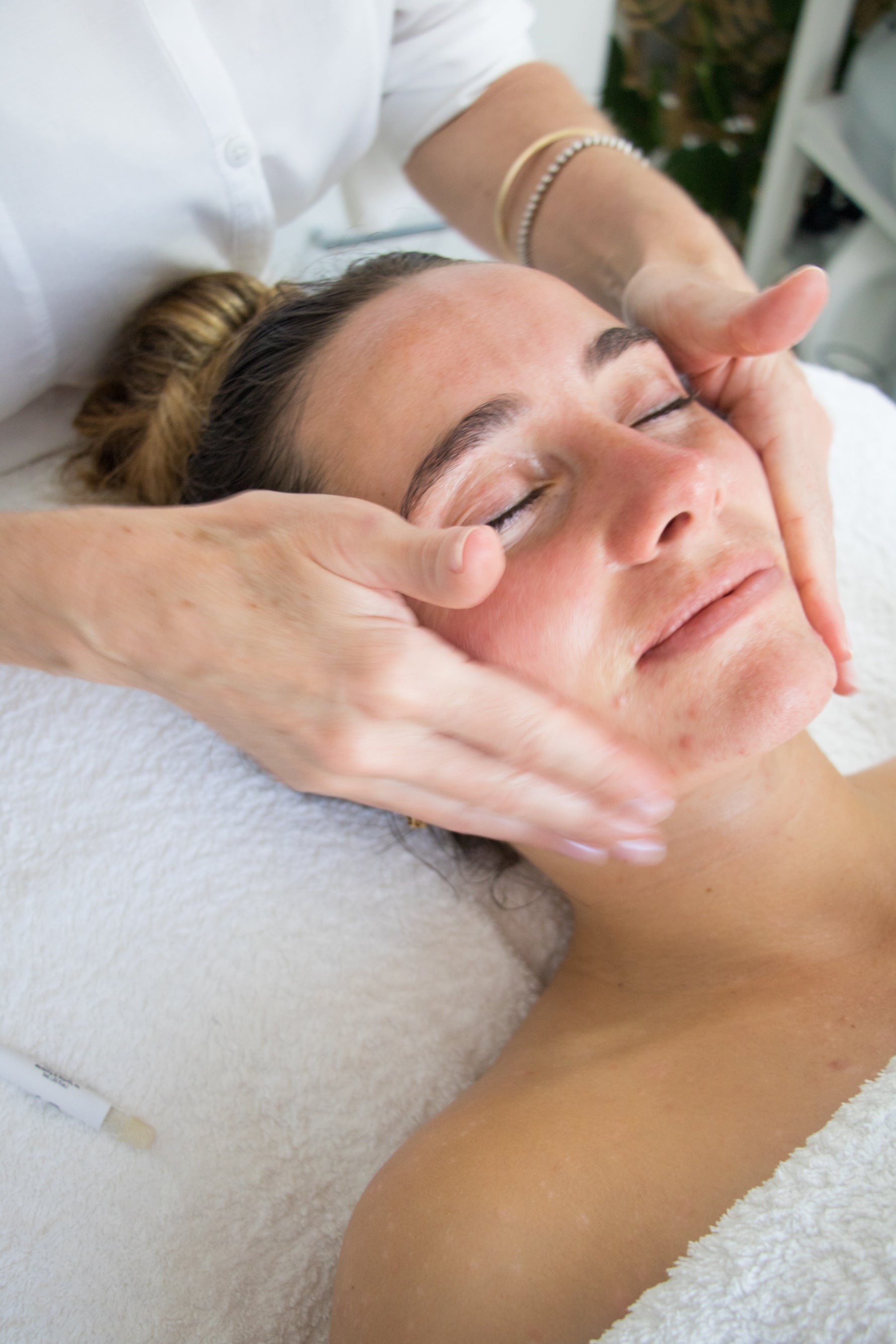In the ever-evolving world of skincare, misinformation can spread like wildfire. With countless beauty blogs, social media influencers, and DIY remedies, it's easy to get lost in a sea of conflicting advice. To achieve a radiant complexion and maintain healthy skin, it's crucial to differentiate between skincare facts and myths. In this article, we'll debunk some of the biggest misconceptions about skincare, helping you make informed decisions for your skin's well-being.
Myth 1: "Natural" is Always Better
The allure of natural ingredients is undeniable. However, assuming that all natural products are automatically superior can be misleading. The truth is, the effectiveness of a skincare product depends on various factors, including its formulation, concentration of active ingredients, and compatibility with your skin type. Some natural ingredients might cause allergies or sensitivities, while well-formulated synthetic ingredients can be safe and beneficial. Always read labels, research ingredients, and consider professional advice before making your choice.
Myth 2: Oily Skin Doesn't Need Moisturising
It's a common misconception that people with oily skin should avoid moisturisers to prevent making their skin oilier. In reality, skipping moisturiser can actually exacerbate oil production as the skin tries to compensate for dehydration. Opt for lightweight, oil-free moisturisers that balance hydration without clogging pores. Proper moisturising can help regulate oil production and maintain a healthier complexion. Check out our Oily Skin product page for our reccomended moisturisers for oily skin.
Myth 3: Sunscreen is Only Necessary on Sunny Days
Cloudy day? No direct sunlight? You might think sunscreen isn't needed, but UV rays are present even on overcast days. Prolonged sun exposure, regardless of weather conditions, can lead to premature aging and skin damage. Make sunscreen a non-negotiable step in your skincare routine, applying it every morning as the last step before makeup.
Myth 4: Exfoliation Should be Harsh to be Effective
Exfoliating is vital for removing dead skin cells, promoting cell turnover, and revealing a fresher complexion. However, aggressive scrubbing or using harsh exfoliants can damage the skin's barrier, leading to redness, irritation, and even microtears. Opt for gentle exfoliants, like chemical exfoliants with AHAs or BHAs, which provide effective exfoliation without the risk of over-scrubbing.
Myth 5: Acne-Prone Skin Should Avoid Moisturisers and Oils
For those battling acne, the idea of applying oils or moisturisers might seem counterintuitive. However, depriving acne-prone skin of proper hydration can disrupt its balance, leading to increased breakouts. Look for non-comedogenic, oil-free, or lightweight products that won't clog pores. Some facial oils, like jojoba or rosehip oil, can even help regulate sebum production and soothe inflamed skin. Have a look at our Problematic skin page to see which products suit you.
Myth 6: You Can Shrink Pores Permanently
The size of your pores is largely determined by genetics and age. While you can temporarily minimise their appearance with proper skincare and makeup techniques, you can't permanently shrink them. Instead, focus on keeping your pores clean and minimising their visibility through consistent cleansing, exfoliation, and using products with ingredients like salicylic acid.
In the world of skincare, separating fact from fiction is crucial for achieving and maintaining healthy, radiant skin. By debunking these common misconceptions, you're now armed with accurate information to make the best choices for your skincare routine. Remember, every person's skin is unique, so what works for one might not work for another. When in doubt, consult with a dermatologist or skincare professional to create a personalised routine tailored to your specific needs. Your skin will thank you for the care and attention!



